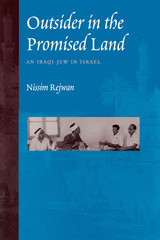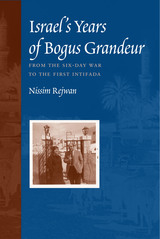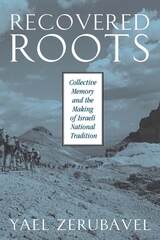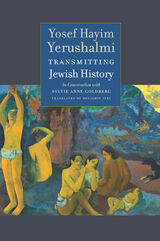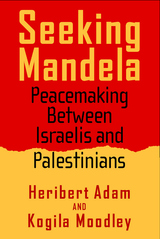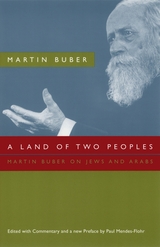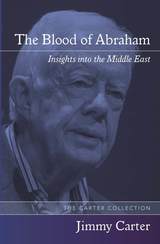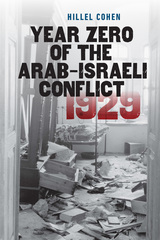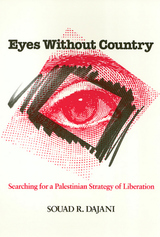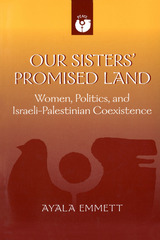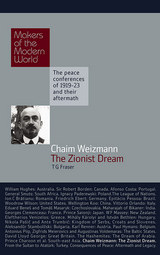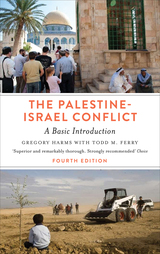Seeking Mandela: Peacemaking Between Israelis And Palestinians
Temple University Press, 2005
Cloth: 978-1-59213-395-6 | eISBN: 978-1-59213-399-4 | Paper: 978-1-59213-396-3
Library of Congress Classification DS119.7.A32 2005
Dewey Decimal Classification 956.053
Cloth: 978-1-59213-395-6 | eISBN: 978-1-59213-399-4 | Paper: 978-1-59213-396-3
Library of Congress Classification DS119.7.A32 2005
Dewey Decimal Classification 956.053
ABOUT THIS BOOK | AUTHOR BIOGRAPHY | REVIEWS | TOC | REQUEST ACCESSIBLE FILE
ABOUT THIS BOOK
The ongoing violence, despair and paralysis among Israelis and Palestinians resemble the gloomy period in South Africa during the late 1980s. Heribert Adam and Kogila Moodley show that these analogies with South Africa can be applied to the Israeli-Palestinian conflict for two purposes: to showcase South Africa as an inspiring model for a negotiated settlement and to label Israel a "colonial settler state" that should be confronted with strategies (sanctions, boycotts) similar to those applied against the apartheid regime. Because of the different historical and socio-political contexts, both assumptions are problematic. Whereas peacemaking resulted in an inclusive democracy in South Africa, the favored solution for Israel and the West Bank is territorial separation into two states. Adam and Moodley speculate on what would have happened in the Middle East had there been what they call "a Palestinian Mandela" providing unifying moral and strategic leadership in the ethnic conflict. A timely, relevant look at the issues of a polarized struggle, Seeking Mandela is an original comparison of South Africa and Israel, as well as an important critique on the nature of comparative politics.
See other books on: Apartheid | Arab-Israeli conflict | Israel | Reconciliation | South Africa
See other titles from Temple University Press

